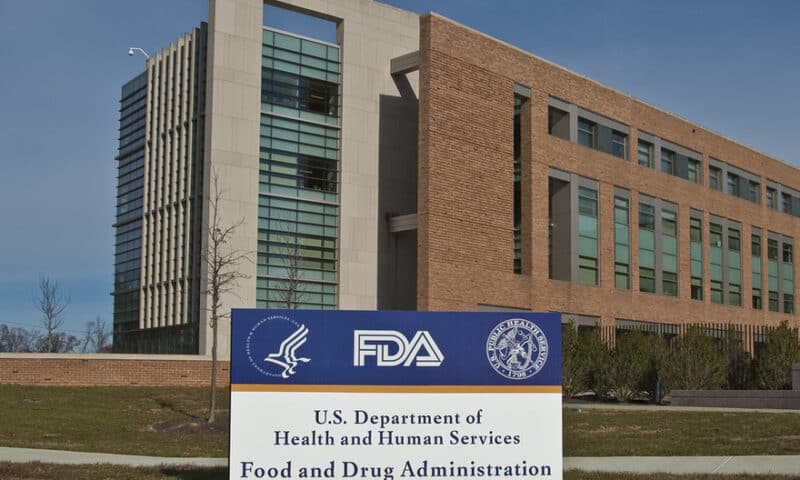The FDA has maintained a clinical hold on a phase 1/2 clinical trial of Solid Biosciences’ gene therapy treatment for Duchenne muscular dystrophy (DMD). Solid Bio will need to submit more information on subjects including the total viral load per patient to persuade the FDA to lift the clinical hold.
SGT-001, the adeno-associated viral vector-mediated gene transfer therapy being tested in the trial, has run into repeated problems across its time in the clinic. The latest stage of the gene therapy’s troubled development began in November, when the FDA placed a phase 1/2 trial on clinical hold in response to a case of acute kidney injury and other symptoms in a child who received the high dose of SGT-001.
Solid Bio has spent the months since the start of the clinical hold gathering and sharing evidence intended to allay the FDA’s concerns about the trial. Late last week, Solid Bio revealed that remains an ongoing effort.
The FDA received details of Solid Bio’s patient safety measures in April, leading the agency to ask for more data and analyses related to a new manufacturing process. Solid Bio submitted more evidence last month, only for the FDA to tell the biotech it still needs to do more to get the clinical hold lifted.
In disclosing the news, Solid Bio said the FDA wants to see more manufacturing information, updated safety and efficacy data for all patients and details of total viral load to be administered per patient. Solid Bio co-founder and CEO Ilan Ganot expressed disappointment at the FDA’s decision but is yet to give up on the asset.
“We will continue to work with the FDA as we believe the clinical development of SGT-001 could offer meaningful benefits to patients with this devastating disease,” Ganot said in a statement.
Not everyone shares Ganot’s belief in SGT-001. Shares in Solid Bio have traded at below $5 since the FDA imposed the clinical hold. In 2018, Solid Bio briefly traded above $50. Since then, Solid Bio has faced multiple clinical holds and seen Sarepta Therapeutics post data on its rival DMD gene therapy that persuaded Roche to pay $750 million upfront for the ex-U.S. rights.

